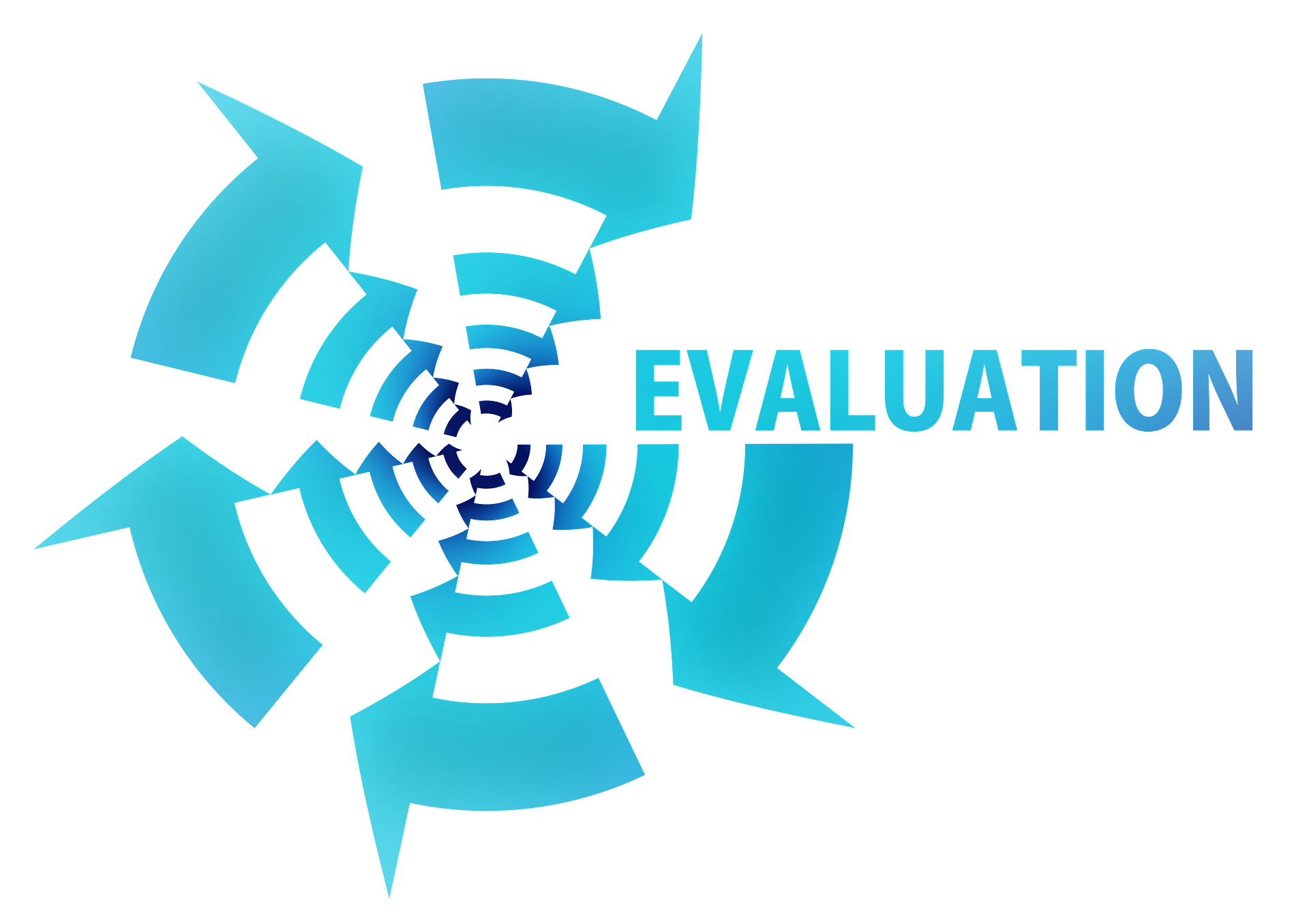
Principles in Action: Change is inevitable in career development. Fear of it shouldn’t be
June 5, 2019
How career practitioners can assess themselves
June 5, 2019Discussing clients’ experiences, values, way of being and future possibilities can help deepen activate and deepen their awareness and perspective
Britt-Mari Sykes
In my career counselling practice, informal assessment strategies play a vital role in understanding what a client is experiencing, in discovering possible next steps and in harnessing personal agency.
Addressing the whole person – working with the multi-layered and specific contexts that are the reality of a client’s life – provides a more substantive, authentic and personalized foundation from which to help them work through career transitions.
Career transitions are emotionally challenging
Career transitions can be emotionally challenging periods coupled with personal and financial stress. They can shake a client’s self-esteem and sometimes raise deeper existential questions of purpose, meaning and what constitutes a fulfilling career.
Career transitions are not always freely chosen. In such cases, clients can feel that they have no personal agency. They may feel frustrated at not having the freedom to make decisions about their lives.
“Career transitions are time-consuming, emotionally draining and require a lot of energy …”
Periods in our lives such as these can allow for reflection and re-assessment, resulting in new career directions. Transitions can, therefore, prove to be an enormously valuable and positive experience that leads to personal growth and development.
The process, pace and outcomes for each client are always individual and unique. As such, they demand a customized approach to assessing what is possible for a given client.
An experiential approach
In my practice, I use an integrative and experiential approach. It is an approach to career counselling that takes into consideration the whole person.
An experiential approach:
- considers an individual’s varied experiences and the influence and impact those experiences have had, and continue to have, on how an individual navigates, shapes and contributes to their life and work;
- takes into account a client’s values and how those values shape personal definitions of meaningful work, purposeful careers, relationships and goals;
- respects and highlights an individual’s unique way of being, their personal experiential expertise and capacities;
- builds on what is possible for a client (this means merging a client’s aspirations and dreams with what is accessible and realistic); and
- looks at concurrent and overlapping issues that may impede or influence the direction and progress of a client’s desired outcome for career change. This includes a client’s access to – and inclusion in making – career choices.
Informal assessments – getting to the heart of a client’s experience
Informal assessments are vital to an integrative approach. They provide career development professionals (CDPs) with a more substantial understanding of what a client is experiencing and what is possible for them moving forward.
Informal assessments require open-ended conversation, active listening and a desire from the CDP to understand, rather than interpret, their client’s experience. Informal assessments necessitate exploratory questions that generate reflective exploration, deepened awareness and a shift in perspectives within clients; these are key to activating a client’s interest in engaging with new possibilities.
The following are some of the conversational areas I explore with clients to better understand what they are experiencing.
Individual context
Career transitions are often loaded with concurrent issues. Clients may also be contending with financial, familial, age-related or geographical considerations or worries. These can affect how a client is experiencing their life, their assumptions and beliefs about their skills and their ability to secure work, and the meaning career holds for them.
These contexts also influence how a client reacts to the transition, including their motivation and focus, and their resistance to or acceptance of change. A deeper understanding of a client’s unique context provides a wealth of information from which both counsellor and client can creatively co-construct what is possible and realistic for that client.
Acceptance
Accepting career transitions and change is often a difficult hurdle for many people. It is therefore important to discuss and elucidate the degree to which a client accepts their current situation.
A transition that is the result of a job loss deserves distinct acknowledgement. Supporting a client in expressing this loss helps them move toward accepting their current situation, which will free up emotional space and energy they can use to move in a new direction.
Motivation
Career transitions are time-consuming, emotionally draining and require a lot of energy to promote oneself and to navigate the change.
Understanding the shifts in a client’s motivation, openly discussing it and working with these fluctuations helps a client weather and manage the emotional waves that come with change. This deeper understanding allows for the discovery of personal resilience and illuminates personal attitudes toward their current situation and toward career generally.
Identity disruption
Many clients I have worked with have felt a profound disruption in their sense of self during career transition.
I have encountered clients who express tremendous fear or intractable resistance at the prospect of changing careers because of a perceived loss of identity. Others feel a transition or change will result in a loss of certain key capacities and skills associated with their identity.
Openly discussing identity and its relation to our work and careers can be beneficial in helping a client separate who they are from what they do in the work world. It can also help a client understand the fluid boundaries between the two.
Identifying a client’s “experiential expertise”
While our identities are certainly shaped and influenced to a degree by the work we engage in, we are always more than any one job. We are in fact continuously developing and accumulating a unique and individual experiential expertise.
Discovering, identifying and articulating a client’s experiential expertise is extremely helpful during periods of transition. Clients come to see the depth and expanse of their expertise from a broader perspective. They become able to differentiate a skill set associated with a job from a much more broadly acquired personal expertise, and to see that expertise as more flexible, valuable and transferable.
Taking a holistic approach
Informal assessment strategies work from a holistic perspective. They activate and deepen a client’s awareness and perspective. Clients thereby develop vital experiential muscles that help them access personal agency and identify what is possible. Helping clients to create the navigational tools that are personally appropriate to step through a career transition successfully is the goal.
Britt-Mari Sykes, PhD, is an integrative career counsellor with an extensive background in existential and humanistic psychotherapies, career counselling and teaching. She is the author of Questioning Psychological Health and Well-Being (2010), a historical and contemporary examination of the meaning of psychological health and development. She is currently working on her second book, a collection of essays on education and career from an Existential Analytic perspective. Based in Ottawa, Sykes works remotely with a diverse global clientele, helping them to create personally empowered solutions to career transition, burnout and the building of meaningful careers. brittmarisykes.ca, brittmari@brittmarisykes.ca


